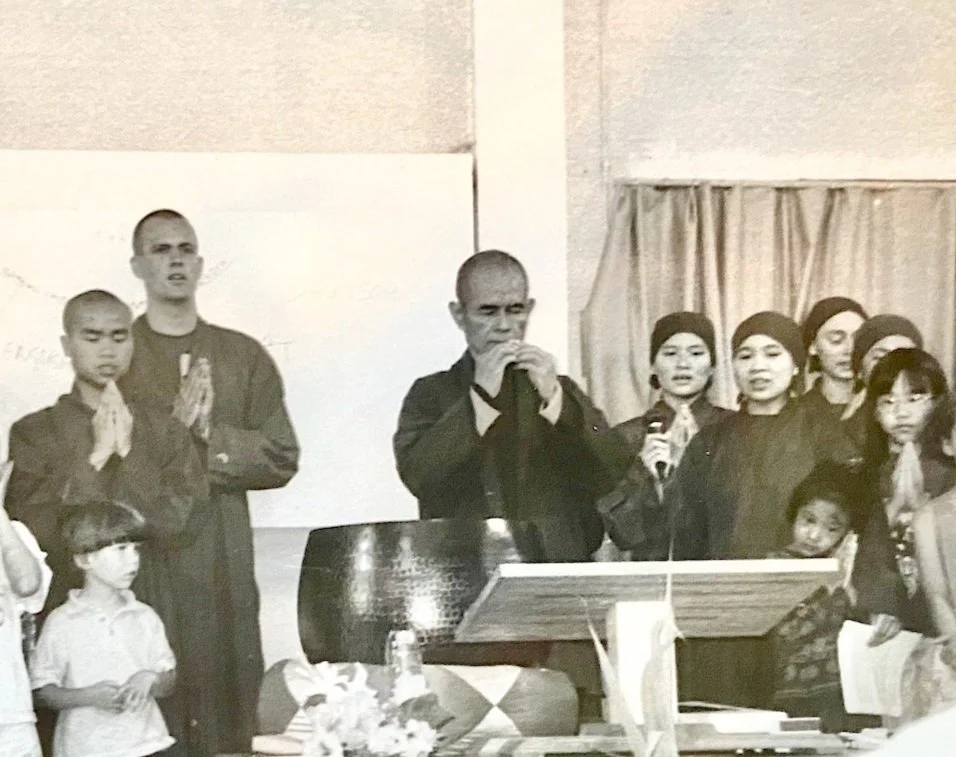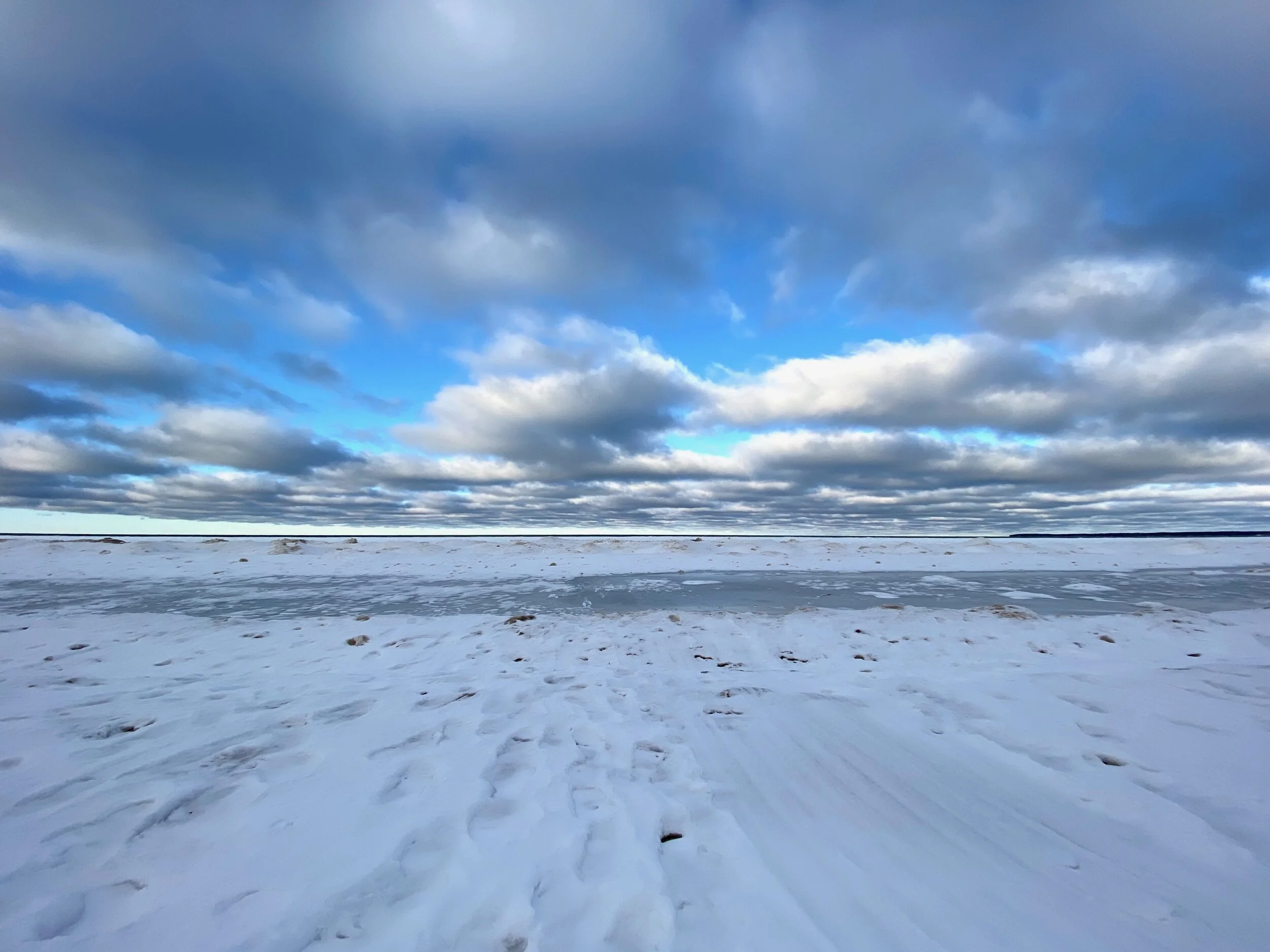A few months ago, I had a discussion with a dear friend that turned into an argument. It started when he told me he was an atheist, and I told him I was an agnostic.
Same thing, he said.
Is not, said I.
Is too, said he. You don’t believe in a deity; therefore you are not a theist, which makes you an a-theist.
I neither believe nor disbelieve, said I, which makes me an agnostic.
From there things got a bit heated, which seems kind of silly in retrospect, but that’s the way we roll.
Reflecting on the conversation later, I asked myself why this was important to me.
More than twenty years ago I heard the Theravadan Buddhist monk Ajahn Amaro speak in Golden Gate Park. He said something that struck me so deeply I wrote it down and have thought of it often over the years: Not knowing is most intimate.
Although I’ve been turning those words over within myself for decades, I never thought to research them until after my friend and I had this argument. With little memory of the context in which Ajahn Amaro used them, I’d always assumed he’d come up with them himself. But when I searched the phrase, I learned that it is foundational to many Buddhist thinkers. It comes from an ancient Chinese story in which a monk named Fayan goes on a pilgrimage and stays at a stranger’s monastery. The master at that monatery, Dizang, asks him why he’s making the pilgrimage. I don’t know, says Fayan, to which Dizang nods approvingly and responds, Good.Not knowing is most intimate.
The sentence strikes a powerful intuitive chord, but what does it mean?
When I think of the word intimacy, the first thing that springs to mind is sexuality. Nakedness. Trusting someone enough to reveal yourself, literally and figuratively. Showing the parts of yourself that others don’t see — the tender, delicate parts — and facing down the fear that your most exposed, vulnerable self might not meet with acceptance or approval. (Which isn’t to say you can’t have sexuality without intimacy. You can approach sex — as you can approach anything in life, really — from such a great emotional distance that your innermost self barely feels a thing. But that’s a conversation for another time.)
Read More







